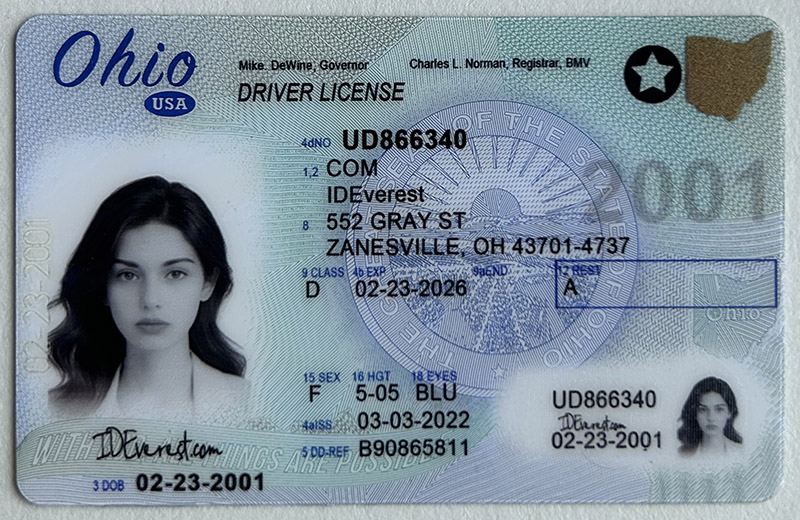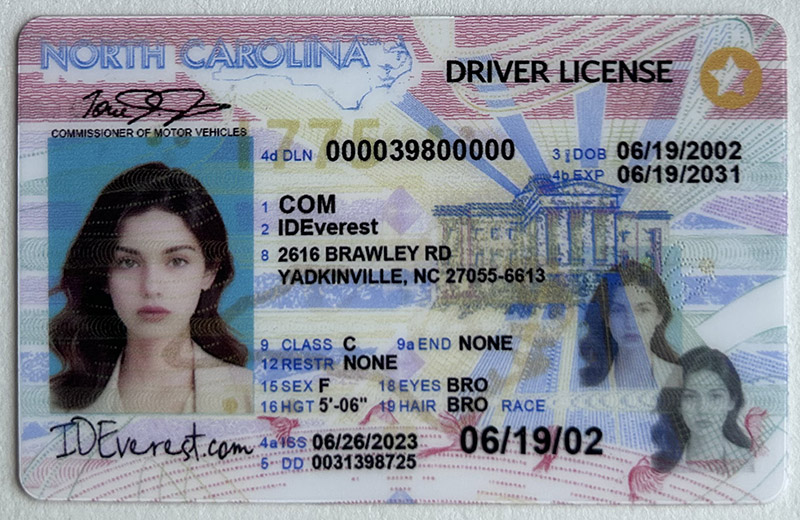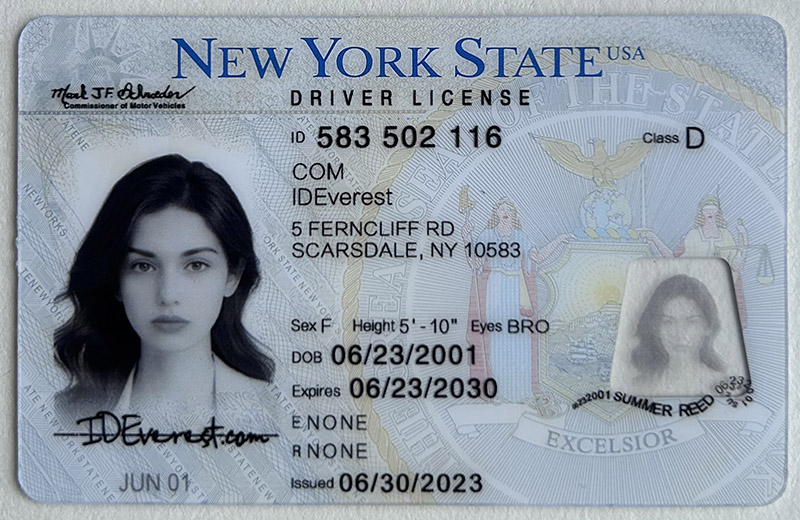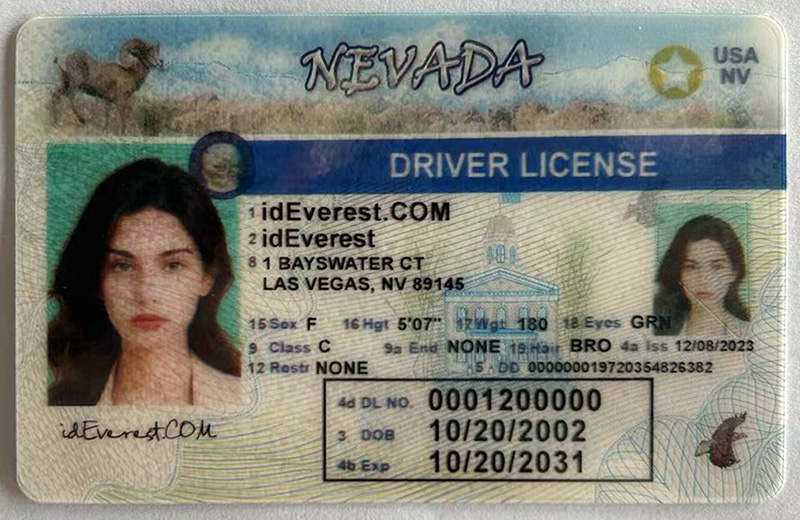fake online unofficial id
Unofficial Online Fake ID: A Comprehensive Guide
Introduction to Unofficial Fake IDs
In today's digital age, online services have made it incredibly easy to acquire a wide range of products, including unofficial fake IDs. These counterfeit identification documents mimic official IDs, such as driver's licenses or passports, and are often used for various purposes. While the legality and ethics of using a fake ID are highly questionable, there remains a demand for these products. This article provides an in-depth exploration of the unofficial fake ID market, offering a detailed overview of what these IDs are, their features, common questions, user reviews, potential problems encountered during use, and possible solutions.
Product Overview: What is an Unofficial Fake ID?
An unofficial fake ID is a counterfeit identification card that is not issued by any government authority. These IDs are typically created by individuals or small organizations that specialize in replicating the appearance of legitimate documents. The primary purpose of these fake IDs is to mislead individuals or systems into believing they are genuine. They are often used by underage individuals to gain access to age-restricted venues, such as bars or clubs, or to purchase alcohol and tobacco products.
Key Features of Unofficial Fake IDs
High-Quality Replication: Modern fake IDs are often produced with advanced printing techniques and high-quality materials that closely resemble official IDs. They may include holograms, barcodes, and magnetic strips to enhance their authenticity.
Customizable Information: Buyers can typically customize the information on their fake ID, including name, date of birth, address, and photo. This customization allows for a more personalized and convincing fake ID.
Various Formats Available: Fake IDs are available in various formats, including driver's licenses, state IDs, and even international passports. This diversity allows users to choose the type of ID that best suits their needs.
Online Purchase and Delivery: These IDs are often sold through websites that specialize in counterfeit documents. The entire process, from ordering to delivery, is conducted online, making it convenient for buyers.
Discrete Shipping: Given the illegal nature of the product, fake ID vendors often use discrete shipping methods to avoid detection by authorities. The IDs are typically shipped in plain packaging without any indication of their contents.
Common Questions about Unofficial Fake IDs
1. Are fake IDs illegal?
Yes, possessing, using, or producing a fake ID is illegal in most countries. The penalties for being caught with a fake ID can range from fines to imprisonment, depending on the jurisdiction.
2. Can a fake ID be detected?
While some fake IDs are highly convincing, they can still be detected by trained personnel or advanced verification systems. Factors such as poor quality printing, incorrect information, or outdated designs can increase the likelihood of detection.
3. How much does a fake ID cost?
The cost of a fake ID varies depending on the quality, complexity, and vendor. Prices can range from as low as $50 to several hundred dollars for high-end IDs with advanced features.
4. What are the risks of using a fake ID?
The risks of using a fake ID include legal consequences, such as fines, criminal charges, or imprisonment. Additionally, there is a risk of identity theft if personal information is shared with unscrupulous vendors.
5. Can a fake ID be used for online verification?
Some fake IDs may pass basic online verification checks, but they are unlikely to succeed against more advanced systems that cross-check information with official databases.
User Reviews: What Are People Saying About Unofficial Fake IDs?
Positive Experiences
Many users report satisfaction with the quality and accuracy of their fake IDs. Some of the positive feedback includes:
- High-Quality Replication: Users have praised the realistic appearance of their fake IDs, noting that they closely resemble official documents.
- Quick Delivery: Customers often appreciate the fast and discrete shipping, which allows them to receive their fake IDs within a few days.
- Effective for Intended Use: Several users have successfully used their fake IDs to gain entry into age-restricted venues or purchase alcohol, noting that the IDs were not questioned by staff.
Negative Experiences
However, not all users have had positive experiences. Some common complaints include:
- Low-Quality Materials: Some users have reported receiving fake IDs made from flimsy or low-quality materials that did not hold up to scrutiny.
- Detection and Confiscation: There are instances where users' fake IDs were detected by bouncers or law enforcement, leading to confiscation and, in some cases, legal trouble.
- Poor Customer Service: A few customers have complained about poor communication with vendors, delayed shipping, or receiving incorrect or unusable IDs.
Common Problems Encountered and Solutions
Problem 1: Detection by Security Personnel
Solution: To minimize the risk of detection, users should ensure that their fake ID is of the highest quality possible. This includes selecting a vendor with a reputation for producing realistic IDs and carefully reviewing the ID for any discrepancies before use. Additionally, users should be aware of the specific security features of the IDs in the region they intend to use them, as this knowledge can help avoid detection.
Problem 2: Legal Consequences
Solution: The most effective way to avoid legal consequences is to refrain from using a fake ID altogether. However, for those who choose to take the risk, it is crucial to understand the local laws and potential penalties. If caught, it may be advisable to seek legal counsel immediately.
Problem 3: Receiving a Poor-Quality Fake ID
Solution: Before purchasing, users should research and select vendors with positive reviews and a history of delivering high-quality products. It's also important to verify that the vendor offers some form of customer satisfaction guarantee or return policy.
Problem 4: Shipping Issues
Solution: Shipping issues can be mitigated by choosing vendors who use reliable and discrete shipping methods. Buyers should also track their shipments and be prepared for potential delays, especially if the package is being shipped internationally.
Conclusion
Unofficial fake IDs are a product that continues to see demand despite the legal risks associated with their use. While these IDs can be highly convincing and serve their intended purpose, they come with significant risks, including legal consequences and the potential for identity theft. Users should carefully consider these risks before purchasing or using a fake ID and take all necessary precautions to protect themselves.
It is also important to note that the production, sale, and use of fake IDs are illegal activities. This article does not endorse or encourage the use of fake IDs but rather aims to provide information for educational purposes. Those considering the use of a fake ID should weigh the potential benefits against the serious legal and personal risks involved.
 Scannable Fake Ohio Driver's L
Scannable Fake Ohio Driver's L
 Scannable Fake North Carolina
Scannable Fake North Carolina
 Scannable Fake NY Driver's Lic
Scannable Fake NY Driver's Lic
 Scannable Fake Nevada Driver's
Scannable Fake Nevada Driver's